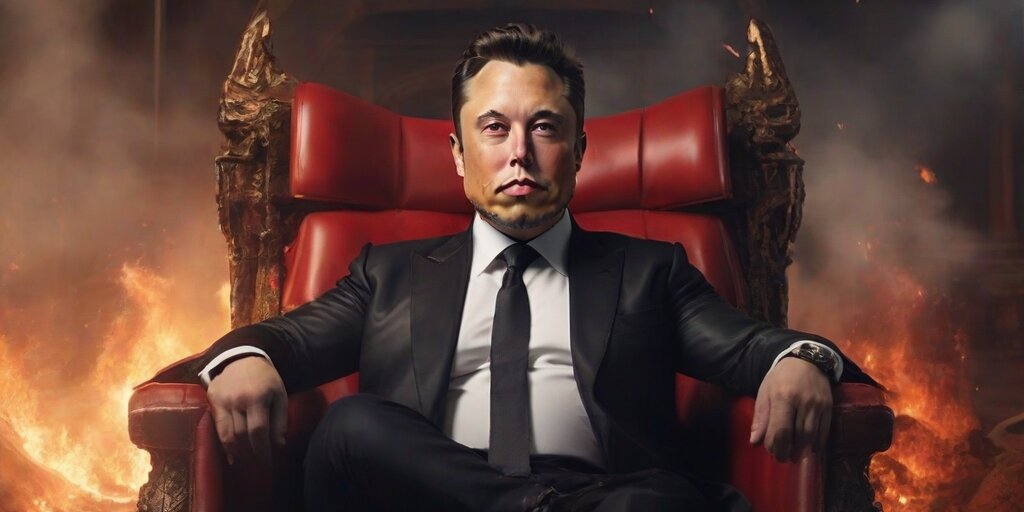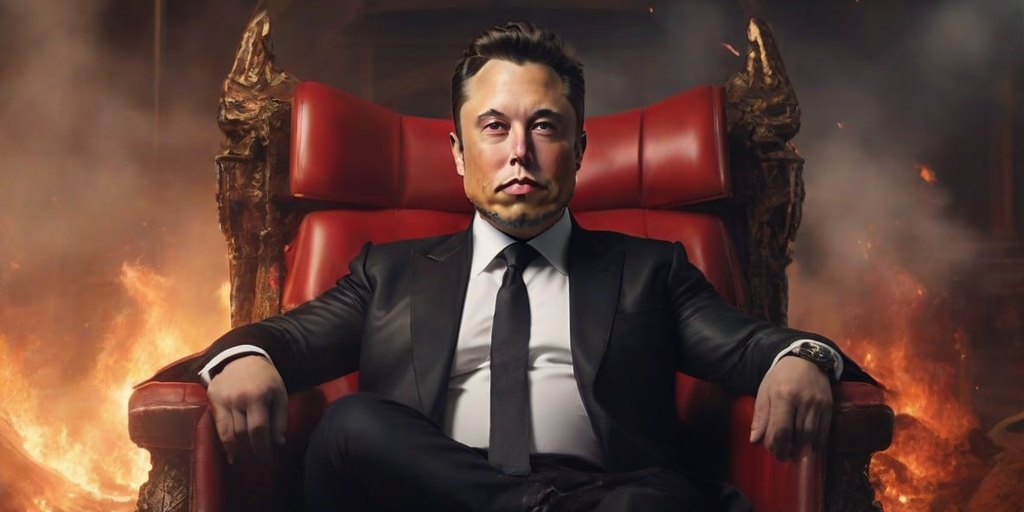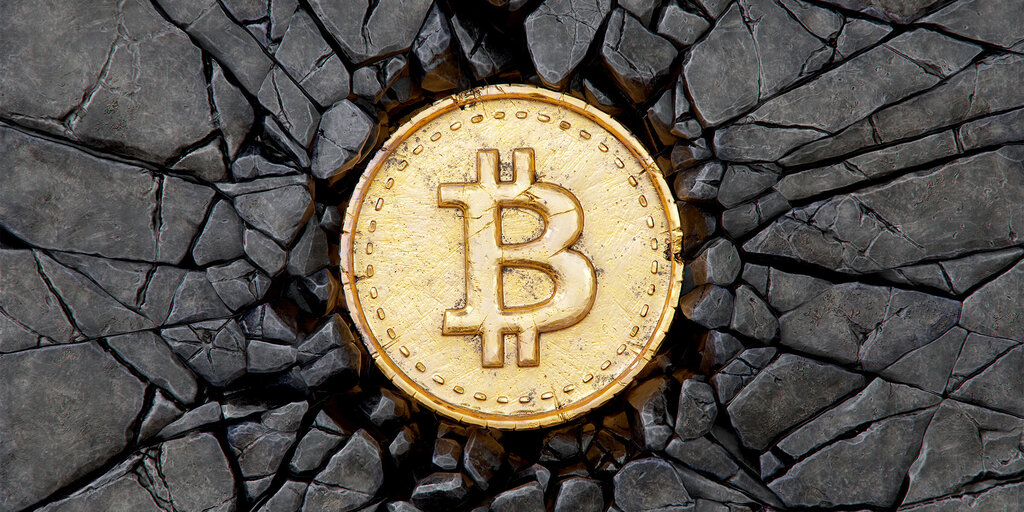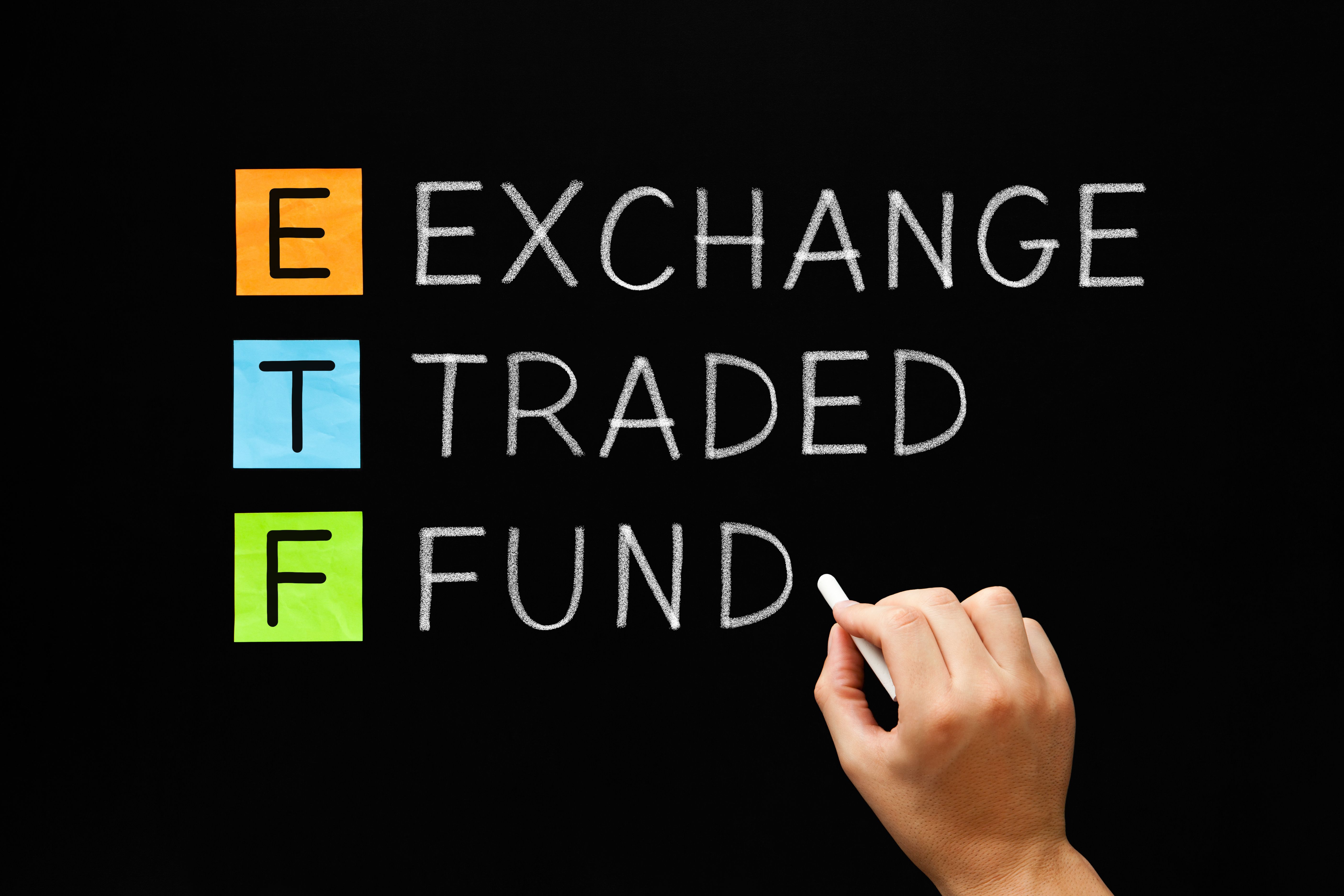

Twitter, long criticized as a platform filled with disinformation and illegal content, now faces formal investigation by a European Union government for the first time over its handling of posts related to the war between Israel and Hamas.
The move comes after Twitter responded to the EU’s new Digital Services Act (DSA) with a content moderation report prepared in September, a transparency report in November, and a “formal request for information on illegal content related to Hamas’ attacks on Israel.” This comes after providing . ,” According to Reuters, Twitter is the only major platform targeted under the law so far.
Companies that violate the DSA can be fined up to 6% of their global turnover. For context, various reports have put Twitter’s revenue in 2022 in the range of $4.4 billion to $5.22 billion.
The EU Commission’s action is just the latest chapter in a heated dispute between Twitter and its owner, Elon Musk.
EU industry chief Thierry Breton outlined the focus of the investigation in a succinct statement.
“Today we begin formal infringement proceedings,” he wrote on the social media platform in question. The charges include alleged breach of duty to respond to illegal content and disinformation, alleged breach of transparency duty and alleged deceptive design of the user interface. .
Musk has been vocal about the platform’s moderation strategy, challenging the EU’s claims.
“Are you doing something about other social media? Because if these platforms have these problems and none of them are perfect, other social media are much worse,” he said in response to Breton’s post.
Are you taking action on other social media?
Because if these platforms have these issues and none of them are perfect, the others are much worse.
— Elon Musk (@elonmusk) December 18, 2023
Since Musk’s acquisition, Twitter has experienced significant changes in the way it operates and functions as a business. These changes include a general shift in political bias and the reinstatement of banned accounts (which will result in the loss of millions of ads – something he says he’s not too worried about). The changes have sparked debate about the platform’s new direction, particularly the balance between disinformation and public discourse and responsible content management.
The core of the inquiry is the ‘Community Notes’ function. The feature, introduced earlier this year, gives users the ability to report misleading content, essentially crowdsourced fact-checking. This can be questioned as an ineffective method of fact-checking content shared on Twitter and an insufficient commitment to accountable information.
“To support freedom of expression and conversation, we only intervene when content violates our rules,” Twitter said. official post. “Otherwise we will provide additional context.”
The company added that it “identifies misinformation through a combination of human review, technology, and partnerships with global third-party experts.”
New CEO Linda Yaccarino said in a previous letter shortly after the October 7 attack that the platform had removed thousands of tweets and continues to “respond quickly to law enforcement requests from around the world, including from EU member states.” .
Yaccarino also cited the primary role of community notes in the fight against disinformation.
However, this feature has proven to be a double-edged sword. Previously, posts from high-profile political accounts, including those from the Israeli government and the White House, were removed after false claims were exposed in community notes.
The EU’s strict regulatory stance on electronic media is spreading to cover a wide range of electronic interactions, from privacy and social media to AI and fair use.
The European Commission’s latest media policy agreement, the European Media Freedom Act (EMFA), further emphasizes the EU’s focus on media integrity. Announced earlier this month, EMFA aims to protect editorial independence, ensure media pluralism and foster transparency across the EU.
Through actions that protect journalists, ensure transparent media ownership, and set standards for public service media, EMFA complements the goals of DSA.
Twitter, a platform that prides itself on public discourse in the digital age, is now at the center of a debate about the principles it stands for. As the EU probes deeper into the practice, the results could serve as a cautionary tale about the complexities of managing freedom of expression in an age when every word we write could be transmitted to every corner of the globe.
Edited by Ryan Ozawa.



